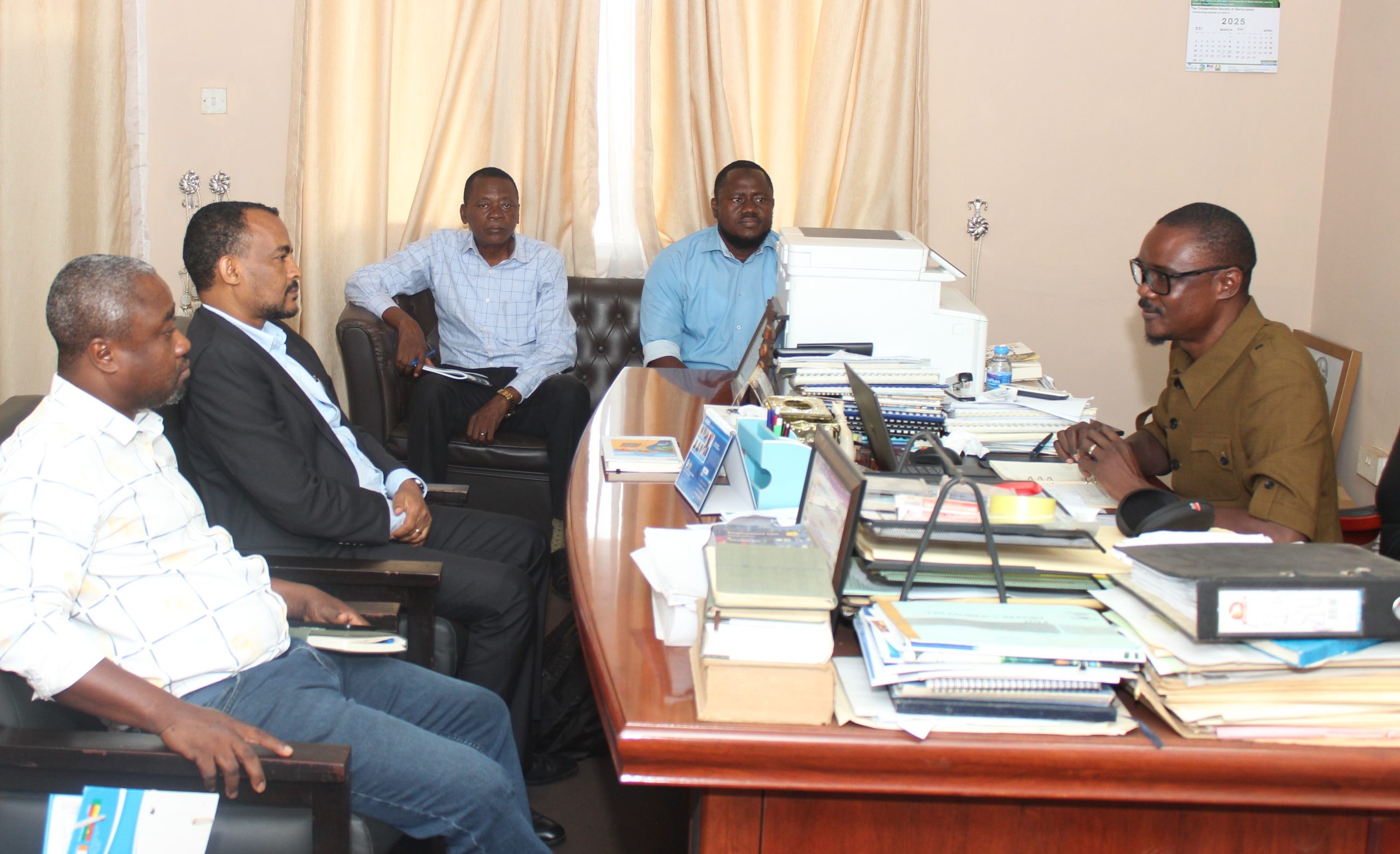Freetown, Sierra Leone –June 10, 2025 – A high-level scoping mission from the International Water Management Institute (IWMI) has concluded a two-day scoping mission to Sierra Leone, to accelerate the implementation of a landmark Memorandum of Understanding (MOU) signed between IWMI and Sierra Leone’s National Water Resources Management Agency.
This mission was meant to establish concrete frameworks for operationalizing the MOU through focused discussions on assessing current adoption of Advanced Water Management (AWM) techniques, evaluating climate adaptation/mitigation solutions in water systems, strengthening transboundary water resource management, developing personnel and institutional capacity, resource mobilization, developing mechanisms for joint research funding and identifying priority investment areas aligned with national SDG targets.
The agreement which spans from 19th May 2025 to 18th May 2030 focuses on collaboration in areas like co-developing decision-support systems for transboundary water management, drought/flood forecasting, and agricultural water efficiency; joint knowledge-sharing platforms (seminars, policy briefs) and institutional capacity strengthening for NWRMA; scaling circular water economies, water reuse, and inclusive water governance; and collaborative proposal development for joint projects aligned with Sierra Leone’s water master plan.
Birhanu Zemadim (PhD) is the Deputy Country Representative and Senior Researcher at IWMI. He is also Head of the scoping mission to Sierra Leone. He said they had anticipated the mission to Sierra Leone since signing the MOU in mid-May, and were happy to have come to. He said the visit has given them a better understanding of the state of water resources management in the country, especially in the areas of irrigation, flooding, droughts, watershed management, and landscape management practices, and IWMI’s potential role in addressing the challenges. He underscored the need for capacity development. “This mission catalyzes our partnership into actionable solutions. By embedding IWMI’s research excellence within Sierra Leone’s unique water challenges, we will co-design interventions to empower communities and institutions alike.” He furthered that their meetings with the Ministry of Agriculture and Food Security, the Ministry of Foreign Affairs, the Ministry of Planning and Economic Development, the University of Sierra Leone, the private sector, and civil society organisations were quite fruitful in enriching their understanding of the country’s water resources situation.
The Director-General of the National Water Resources Management Agency-Junisa P. Bangali Esq. said the team’s visit is timely, as the benefits within the MOU are of national impact. He said the Agency hugely anticipates the implementation of the MOU, and looks forward to fostering a relationship that goes beyond the five-year mandate of the MOU. “Though water resources as a concept is not new to the country, its implementation has been a challenge. With an organisation like IWMI to help with global best practices and modern trends, we are sure it will significantly impact Sierra Leone’s water security drive”. DG Bangali said.
Both parties now look forward to building on the findings of the mission, and fostering relationships with the various stakeholder types in the country, such as individuals and organisations championing food, land, environmental and water issues.
The International Water Management Institute (IWMI) is a non-profit research organization focused on sustainable water and land management in developing countries, particularly in areas impacted by poverty, hunger, and environmental degradation. IWMI aims to improve water management for food security, livelihoods, and the environment by conducting research, developing and implementing practical solutions, and collaborating with various stakeholders.
The National Water Resources Management Agency (NWRMA) is responsible for regulating, managing, and protecting Sierra Leone’s water resources to ensure a secure and sustainable supply for various needs. This includes developing a regulatory framework, monitoring water quality, and promoting water conservation efforts.

